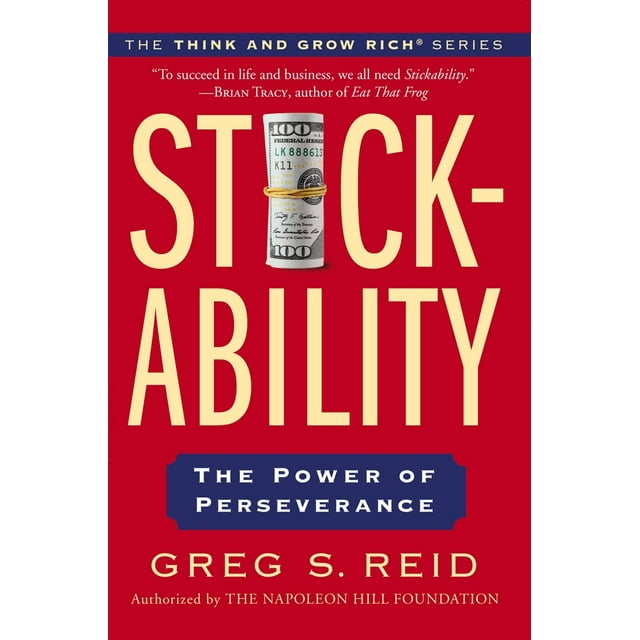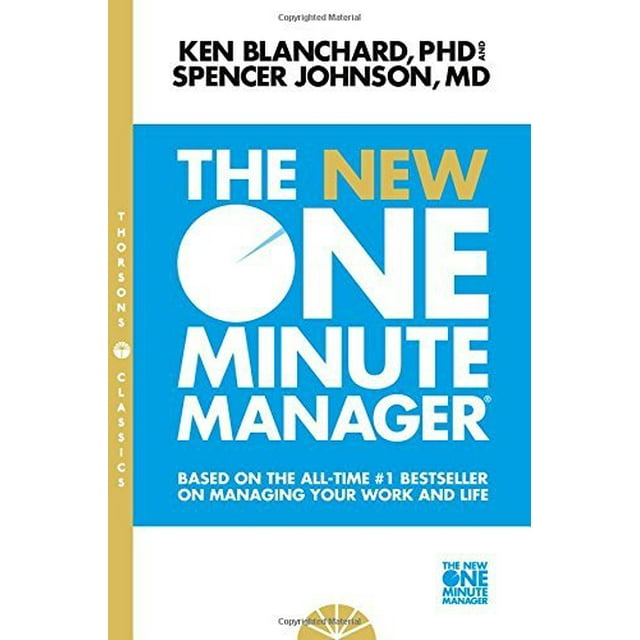Stickability – The Power of Perseverance
These are my takeaways and insights from Stickability by Greg S Reid.

What the heck does stickability even mean? The definition is a person’s ability to persevere with something, staying power.
Stickability has to be consistent with flexibility. A balance is crucial as we can take stickability too far. Know the difference between perseverance and stubbornness and then adjust as needed. This means you have to be able to identify those adjustments that need to be made. Be flexible on the solution & listen to others.
Every individual who has attained personal achievement can tell you that the question is not “Will there be tough times?”, the question is “When will they arrive?” It’s through these moments of uncertainty that our character is revealed. When we quit we automatically fail because we don’t achieve the goal. When we accept the challenge, we’re able to clearly understand the reason(s) for the challenge, find the opportunity, and continue on a different path. Negatives are just the tasks that need to be done to avoid a setback. Setbacks should be viewed as opportunities to reroute a path to success.
Obstacles can either make you quit or reinforce your resolution.
For every obstacle there is a solution. You just have to have the discipline to find the solution.

I love how he tells the story of some spider monkeys. The experiment put nuts in a jar where the monkeys would reach in to grab them but couldn’t pull their hand out with a clenched fist. The spider monkeys were unwilling to let go of the small nut in order to gain their freedom. They had neither discipline nor the wherewithal to surmount an obstacle that, to us, seems an easy fix: let go of the nut! This is what we mean by perspective. What to one may seem like an insurmountable obstacle, to another may seem like an easy fix. Use other people to help you gain perspective. Complexity is not about the size of the issue, it’s about the amount of weight you give it. Most people get stopped in the process rather than realizing that this is part of the journey.
Discipline
We all want happiness & prosperity in our lives – Happiness takes discipline. We have to have the discipline to determine carefully what this means for us. Once we have a clearly defined goal, we must maintain discipline to find opportunities within the challenges we’ll face along the way.
Focus & Control
What we focus on is what we see. When we seek good, good things happens. When we seek opportunity, opportunities occur. Now we do live reality where bad things happen. It’s our reaction to that bad thing that defines our lives. You can choose how you react. Someone is always watching us whether we know it or not. They are watching to see how we react to situations. How we handle ourselves will impact how they react. Keep in mind that even if you are going through a challenge that you need to be focused on the solution and not focused solely on the challenge itself. A problem is an unbearable blockade, whereas a challenge is an opportunity to find a solution.

Simple perspective to have: In the past, the future depended on the changes around us. Today, the future depends on the changes within us. The best decision you can make is to make a decision.

What causes failure:
- #1 cause of failure is the inability to get along with other people. You can’t go it alone. You need others whether you want to or not.
- #2 cause of failure is quitting when the going gets hard. No matter who you are, there will be a time when things get hard. You have to overcome that obstacle and push forward. There is always light at the other end.
- #3 cause of failure is procrastination. You have the seize the moment when opportunity comes your way.
The quitter never wins, and the winner never quits.
Great ideas originate from
- A need
- An unsolved problem
- An easier way of doing things
Great solutions are created
- by a person or team with the ability to address one of these points
- with the persistence to see that vision through.
Success Formula
- A definite purpose backed by a burning desire for its fulfillment.
- A definite plan, expressed by continuous action.
- A mind closed tightly against all negative and discouraging influences, including negative suggestions of relatives, friends, and acquaintances.
- A friendly alliance with one person (or more) that will encourage one to follow through with both plan & purpose.
- Self-trust is secret to success. Have faith with yourself.
- Have a cause that is greater than you. By focusing on others rather than yourself, you’ll be motivated to push past obstacles others find insurmountable.
- Surround yourself with people who believe in you and your cause/goals.
Success Mindset
- Maintain Mindset – Progress over perfection.
- As long as you are moving toward success, you are therefore successful. Just be careful you don’t get trapped in the middle. Have to keep moving forward.
- All successful people cannot succeed by themselves. You need a team and you need to be the leader of your team.
- Nobody is born a leader, yet everyone is born with leadership potential.
- Leadership is learned and practiced.
- Learn to convert fear into relaxed intensity by:
- Staying true to yourself. Let your passion and commitment become stronger than your fears.
- Instead of focusing on the challenge, focus on the outcome
- Don’t try to blend in out of fear of being different
- Know that you have what it takes to be a good leader
If you think it is impossible, then it is……for you.
Make dreams a reality by
- Decide what you want & write it down.
- Stay focused.
- Know your way/path forward.
- Be accountable to yourself.
- Enjoy the greatness of the moment. Life is short and needs to be enjoyed every step of the way.
This is your Cul de Sac Moment:
It’s the time in your life where you go inside and set up shop or simply drive on past. There is no exit. There is no retreat. Once you commit to venturing forward, you must live with the consequences.

Ask yourself every night, “Have you made a difference in somebody’s life today?”
Always give back to others. What simple step can you take today on the path to selfless giving to others?




